#ReaCT2021 Co-editor’s note: Flavia Giacobbe, Director Formiche and Airpress
by Flavia Giacobbe, Director Formiche and Airpress
 Pandemic, crisis, vaccines and recovery. The great spotlight of politics and public opinion have been fo-cused for months on the Covid-19 emergency. Yet, latent but concrete, other threats keep on pressing on Europe (and not only): terrorism, ji-hadist radicalism and different forms of extrem-ism. In early January, the as-sault on the U.S. Capitol shocked the world. An attack on the very heart of the star and stripes democracy that was thought unthink-able, perpetuated thanks to movements like the now well-known conspiracy organization QAnon. It shows how real the threat is and how much attention it de-serves, even now when other issues and other urgen-cies have climbed the ranks of public attention.
Pandemic, crisis, vaccines and recovery. The great spotlight of politics and public opinion have been fo-cused for months on the Covid-19 emergency. Yet, latent but concrete, other threats keep on pressing on Europe (and not only): terrorism, ji-hadist radicalism and different forms of extrem-ism. In early January, the as-sault on the U.S. Capitol shocked the world. An attack on the very heart of the star and stripes democracy that was thought unthink-able, perpetuated thanks to movements like the now well-known conspiracy organization QAnon. It shows how real the threat is and how much attention it de-serves, even now when other issues and other urgen-cies have climbed the ranks of public attention.
The main issue is how to address these risks, de-ploying effective preventive measures to anticipateradicalization processes before they occur, before they turn into tangible violence, like the one witnessed on Capitol Hill. However, jihadist terrorism keeps frightening the most, and Europe is at the front line both because of its proximity to war zones, and the presence of numer-ous foreign fighters returned from the battlefield.
Among the data in the ReaCT 2021 report, one is par-ticularly striking: 20% of terrorists who acted last year were irregular immigrants. This shows how prevention is closely tied to migratory policies, coordinationamong European partners and dialogue with countriesof origin and transit. It also proves that it is essential to have a clear understanding of the constantly evolving geopolitical framework surrounding our country and Europe. The ashes of the Islamic State in Syria andIraq have left many questions on the ground, first and foremost the displacement or repatriation of fighters, a phenomenon that requires international coordination. The Balkan route remains at the core of the attention by authorities, in particular Kosovo, from which most of the fighters who went to Syria came and in which Italy has a leading role, also thanks to the leadership of the NATO mission KFOR.
Within our national borders, the threat has been well outlined in the latest annual Intelligence reports. In addition to warning policymakers about jihadist risks that can undermine the Republic’s security, they have also recently highlighted far-right resurgences. This trend has to be watched, contrary to European general data that show a prevalence of the phenomenon linked to the extreme left.
Overall, an important boost to de-radicalization may come from our Parliament. During the last legislature, after a very troubled process, the Manciulli-Dambruoso bill has passed only in the Chamber of Deputies. This has undoubtedly made the country to miss an opportu-nity to have a regulatory instrument capable of com-bating and preventing the phenomenon of terrorism, at a time when public opinion was paying the greatest attention. In the new legislature, the text has been put back in the making, and we all hope for a shared and bipartisan political process, with the common goal of providing the country with more effective and far-sighted tools to combat the causes and spread of a threat never disappeared. Of course, dialogue be-tween politics, experts and security services remains the key to achieving good results. To this end, the ReaCT 2021 report proves to be a useful working tool, a compass to orientate the under-standing of the phenomenon, its roots and evolutions.
For this reason, Airpress and Formiche chosen to co-edit the second edition of the report, to contribute in keeping alive the interest of decision makers on a topic that significantly affects our collective security.










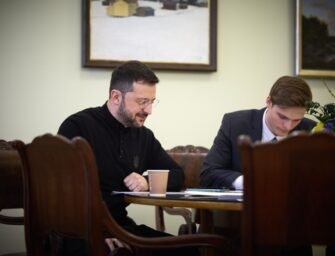
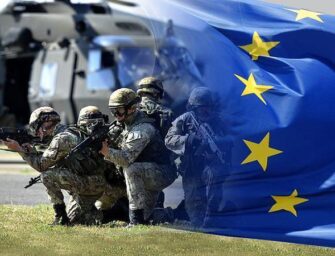











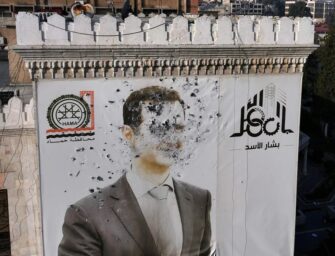








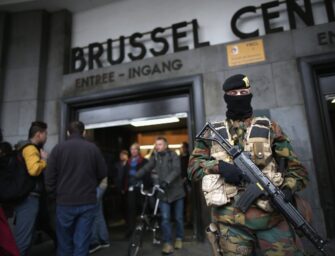


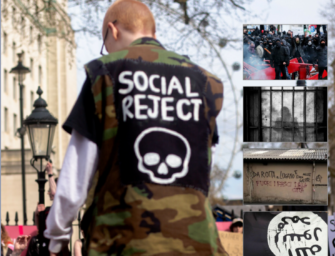
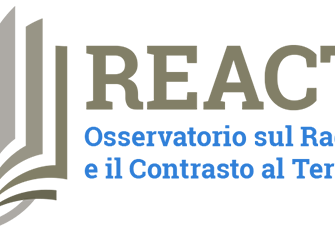
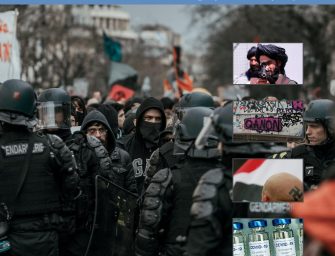




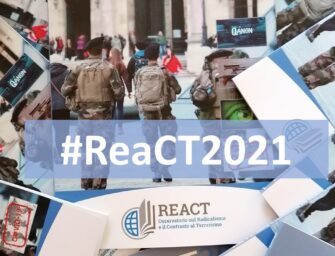
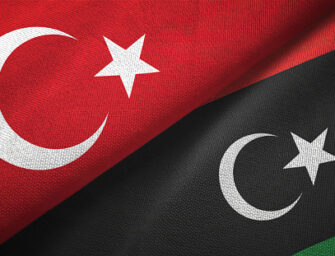

There are no comments
Add yours